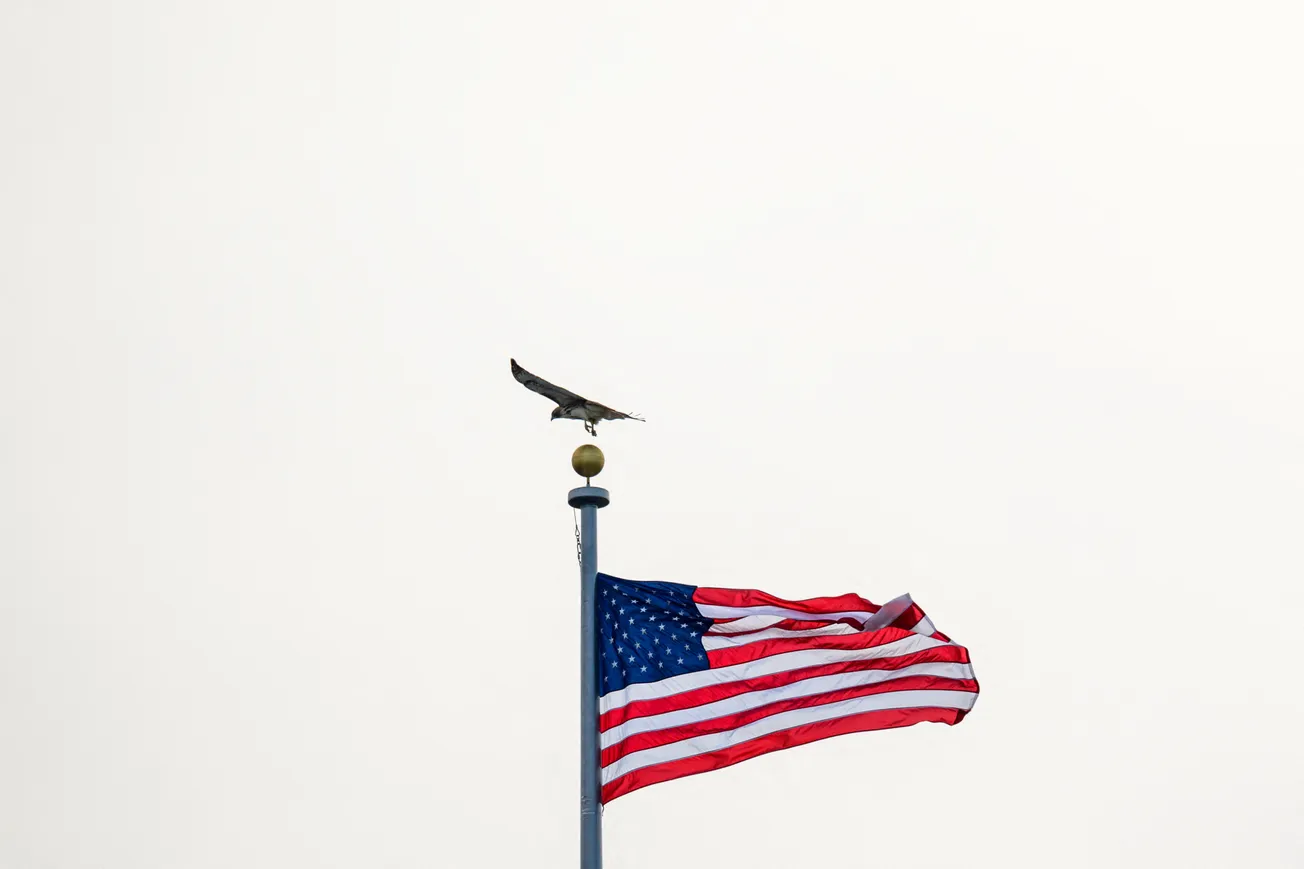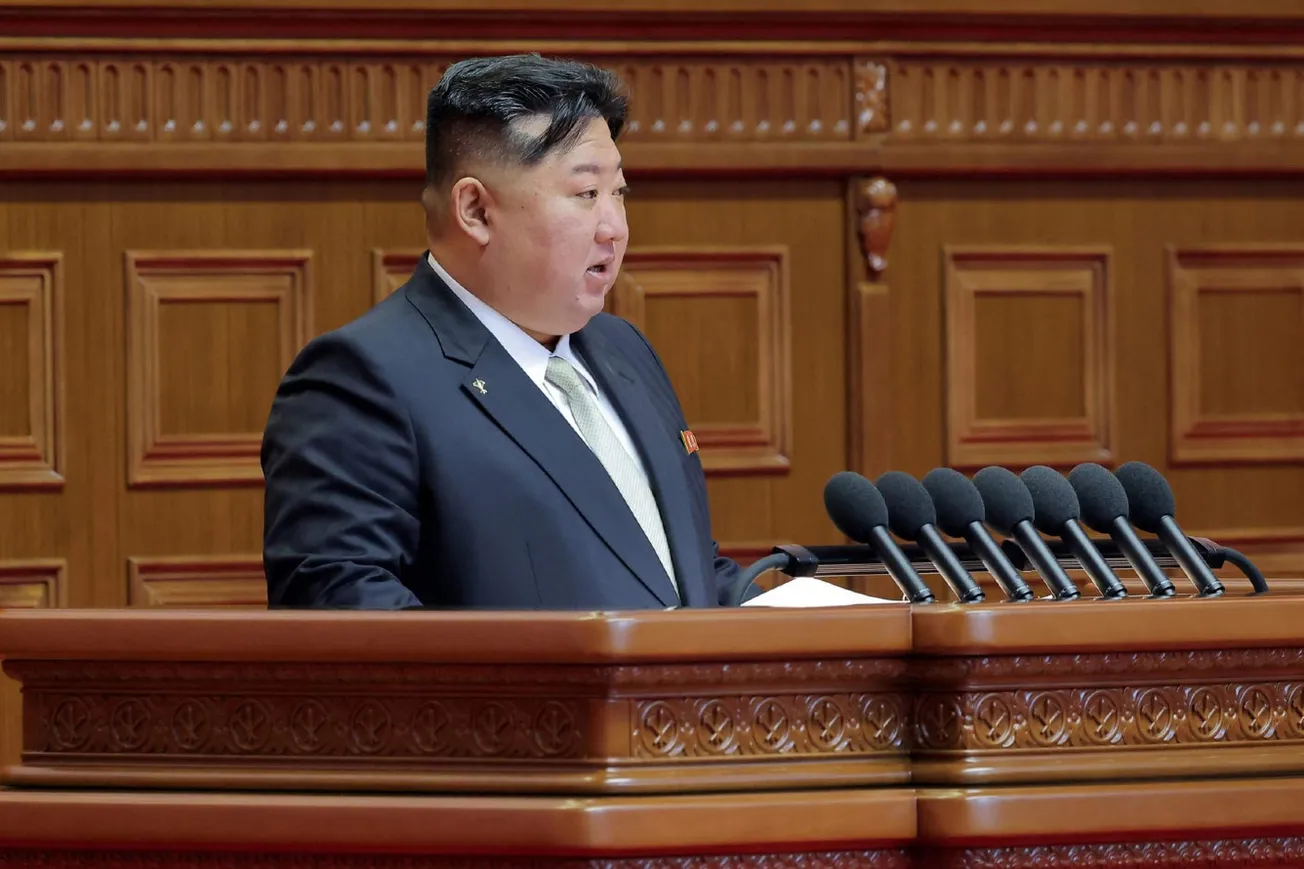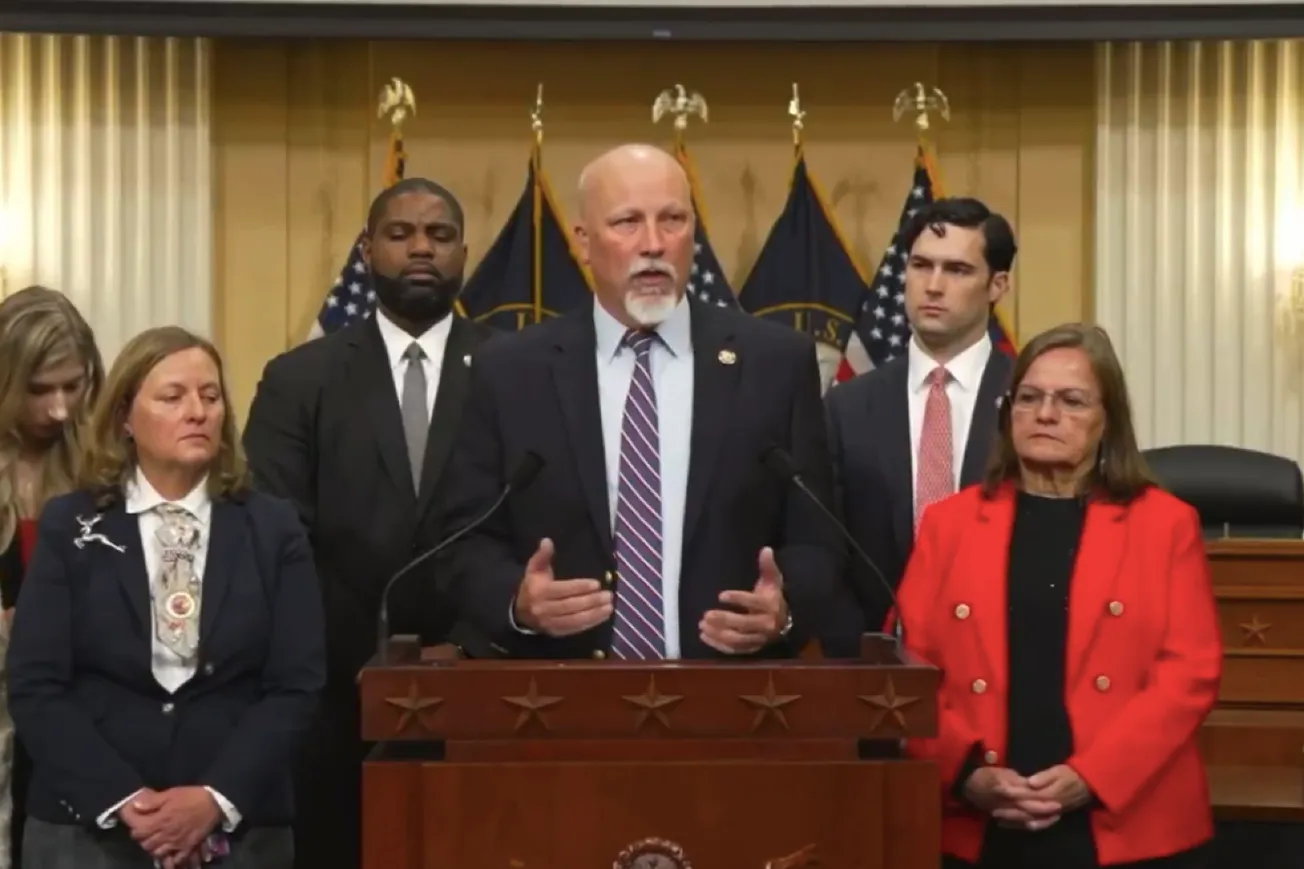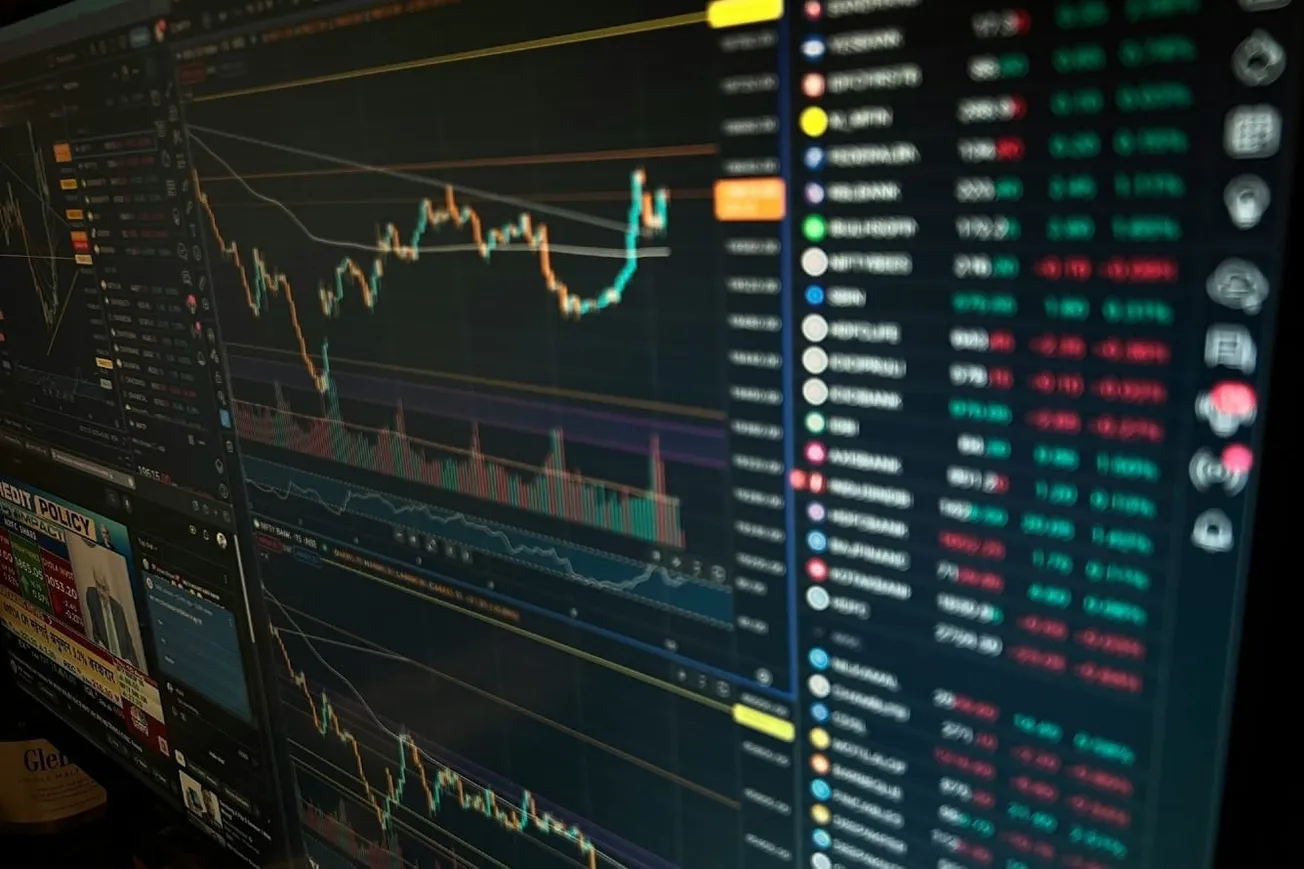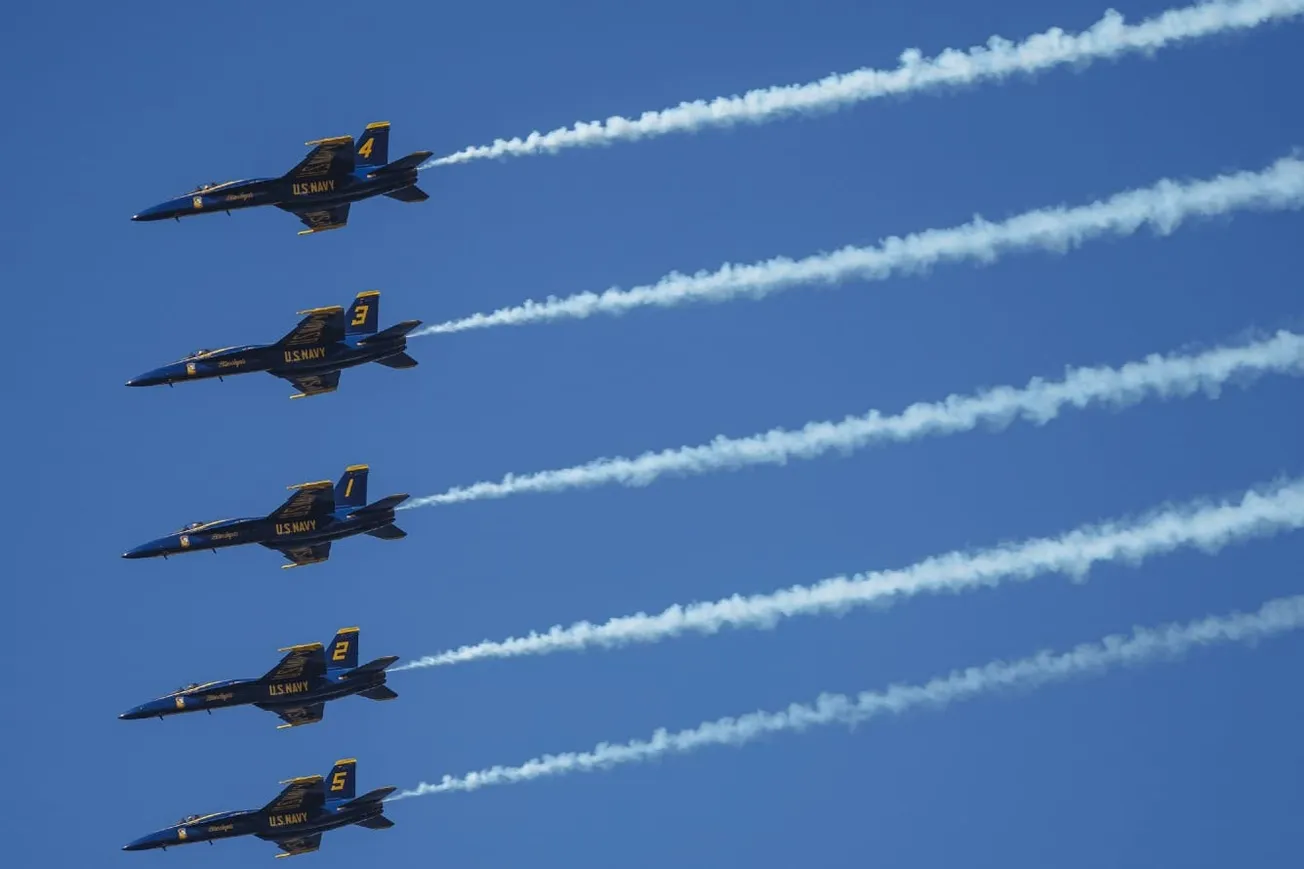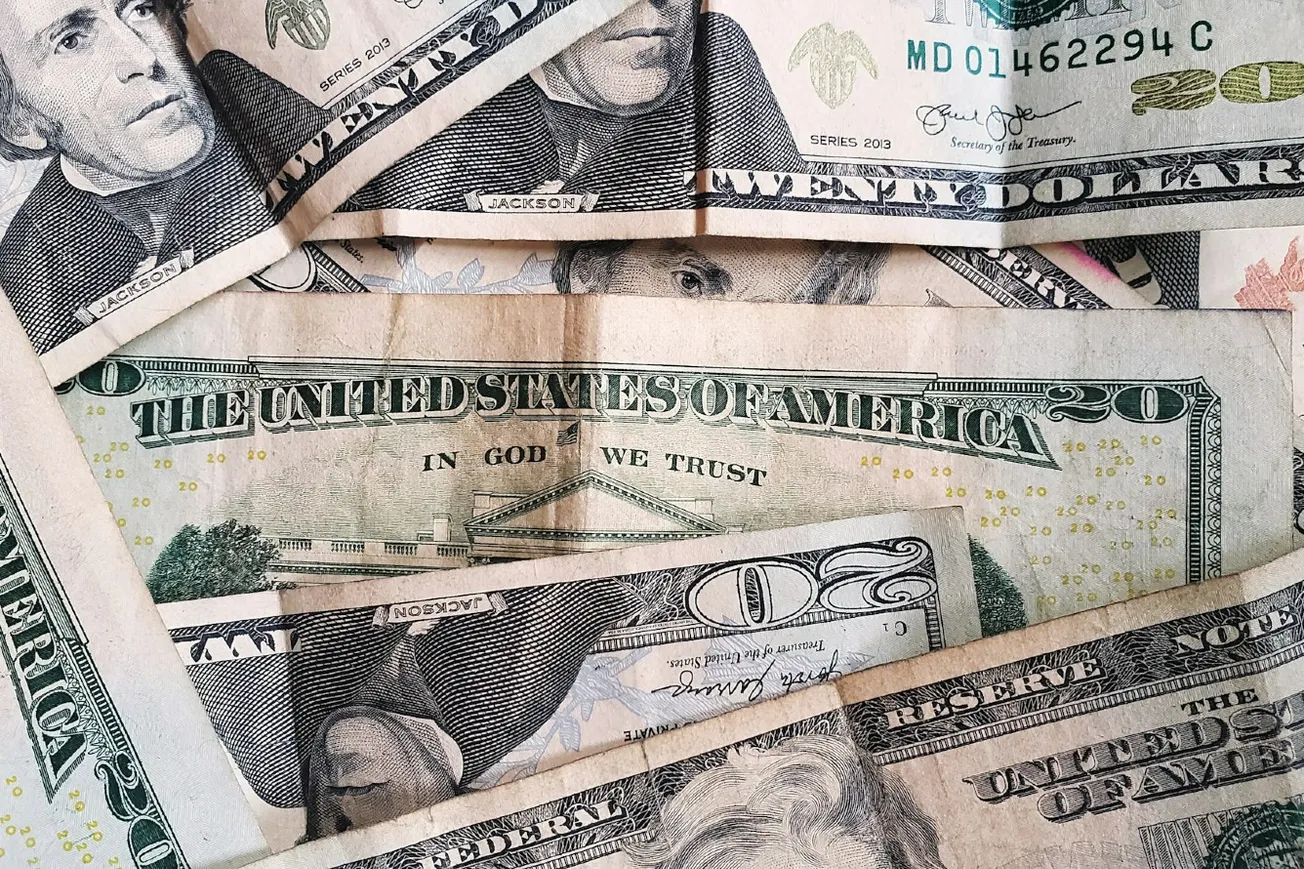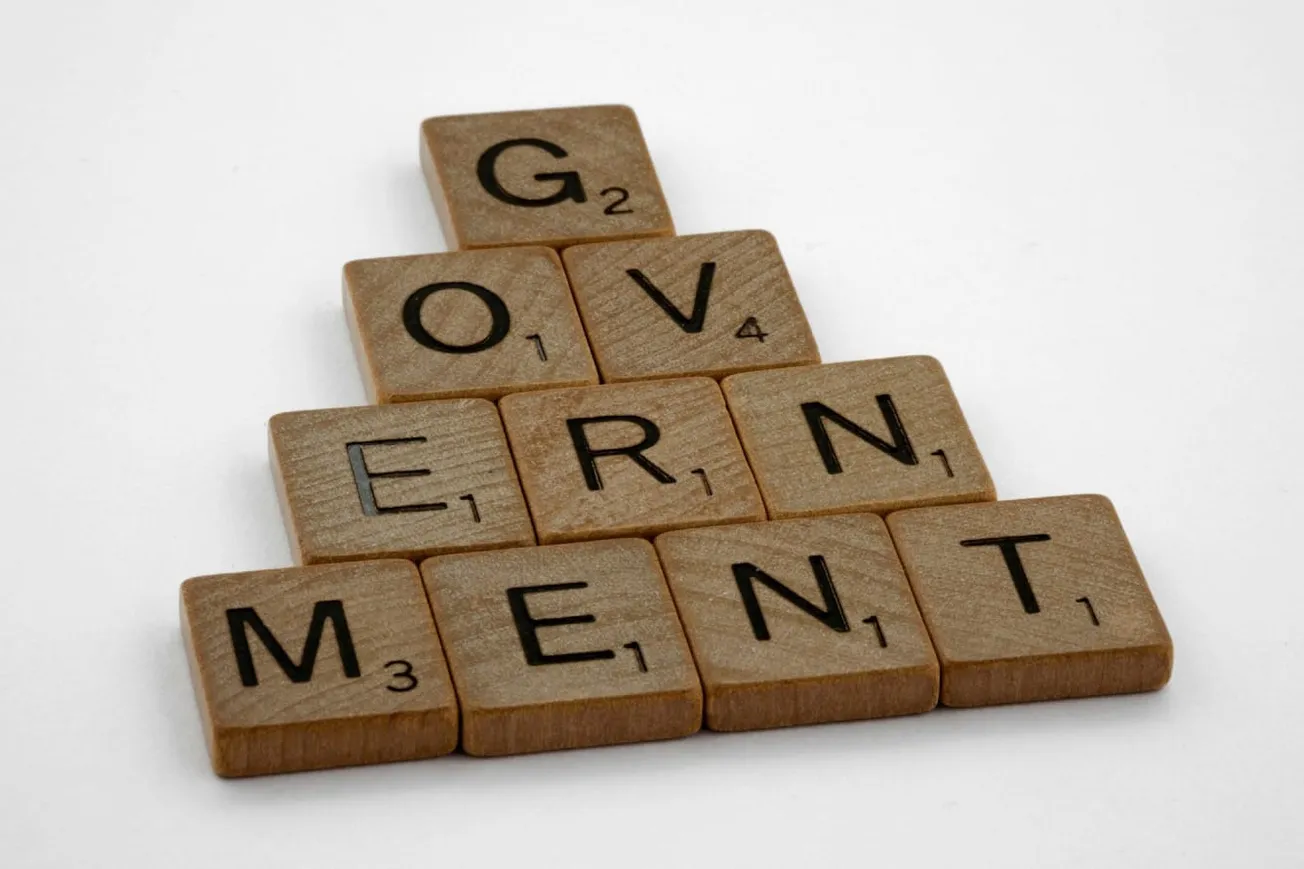The U.S. presidential elections are closely watched even beyond American borders. After all, the White House decides and directs American foreign policy. As Donald Trump cruised to election victory and reclaimed the American presidency, world leaders quickly congratulated him. Friends and foes sent best wishes, some more warm than others, while expressing hopes of working together.
Canada welcomed Trump, saying, "The friendship between Canada and the U.S. is the envy of the world. I know President Trump and I will work together to create more opportunity, prosperity, and security for both of our nations."
Israeli Prime Minister Benjamin Netanyahu was among the first to congratulate President-elect Trump. Calling it "history's greatest comeback," he wrote, "Your historic return to the White House offers a new beginning for America and a powerful recommitment to the great alliance between Israel and America. This is a huge victory!" Tel Aviv is undoubtedly relieved to have the staunch supporter back in the White House.
With Trump back in the White House, India sees an opportunity to strengthen ties under Prime Minister Modi’s leadership. Modi congratulated Trump on his re-election, emphasizing shared goals of security, prosperity, and strategic partnership. Indians also celebrated Usha Vance, wife of Senator J.D. Vance and of Indian heritage, as a symbol of growing Indian-American influence—a bridge for deepening U.S.-India cultural and economic ties. The Trump-Modi relationship, underscored by events like Howdy Modi rally in Texas and Namaste Trump rally in India, reflects a commitment to national strength and growth. As Trump shifts supply chains away from China, India could become a key manufacturing hub for U.S. firms. With Trump’s focus on reducing U.S. involvement in Ukraine, India is poised to be a central partner in his vision for a rebalanced world order.
Trump had, during his campaign, vowed to end the Ukraine war in twenty-four hours if he was elected. President Volodymyr Zelensky, citing Trump's "impressive" election win, also expressed hope for a personal meeting while stating, "I appreciate President Trump's commitment to the "peace through strength" approach in global affairs. This is exactly the principle that can practically bring just peace in Ukraine closer. I am hopeful that we will put it into action together. We look forward to an era of a strong United States of America under President Trump's decisive leadership. We rely on continued strong bipartisan support for Ukraine in the United States."
Meanwhile, Russian President Vladimir Putin was more circumspect in his address, stating, "I don't know what will happen now; I have no idea." He also opined that Trump's "desire to restore relations with Russia, to help end the Ukrainian crisis...deserves attention at least." Cheekily, Putin, who is in his third term in office, pointed out that this would be Trump's last presidency.
Hailing Trump's return to power, U.K. Prime Minister Keir Starmer said, "From growth and security to innovation and tech, I know that the UK-US special relationship will continue to prosper on both sides of the Atlantic."
In her message, European Commission President Ursula von der Leyen reiterated that the E.U. and the U.S. are more than just allies, adding, "We are bound by a true partnership between our people, uniting 800 million citizens. So let's work together on a strong transatlantic agenda that keeps delivering for them."
In his congratulatory message, Chinese President Xi Jinping, who had a rocky relationship with the president-elect during his first term, advised that "history tells us that both countries stand to gain from cooperation and lose from confrontation." Calling for a "stable, healthy and sustainable development" that would "serve the common interests of the two countries and meet the expectations of the international community," he expressed hope that the second term would be based on "mutual respect, peaceful coexistence, and win-win cooperation."
While extending "sincere congratulations," Taiwan's President Lai Ching-te hoped, "I'm confident that the longstanding Taiwan-US partnership, built on shared values and interests, will continue to serve as a cornerstone for regional stability and lead to greater prosperity for us all."
Iran, one of the U.S.'s most bitter foes, downplayed Trump's return and did not directly offer congratulations. Instead, government spokesperson Fatemeh Mohajerani is reported to have said, "The U.S. elections are not really our business. Our policies are steady and don't change based on individuals."
Despite ominous threats of tariff hikes and mass deportations, America's neighbors vowed to work with the new administration. Mexican President Claudia Sheinbaum said, "We are a free, independent, sovereign country, and there will be good relations with the United States. I am convinced of this." Venezuelan President Nicolas Maduro said in his message, "This is a new beginning for us to aim for a win-win situation that benefits both the United States and Venezuela."
Leaders and countries are waiting to see how Trump will handle and steer his second term. On his first outing, Trump was an unknown on the international political stage. His first term saw him veer from predictable political formulae and embrace untried and risky strategies, often upsetting traditionalists. Trump administration policies and legislations questioned the entrenched world order. This time around, world leaders know what to expect. At least, they think they do. But then, Trump has always surprised everyone.
ICYMI:
Pollster John Zogby notes:
If I had to give an award, I do believe TIPP had Trump ahead by one. For our part, we had in the two-way race Harris up by two.

